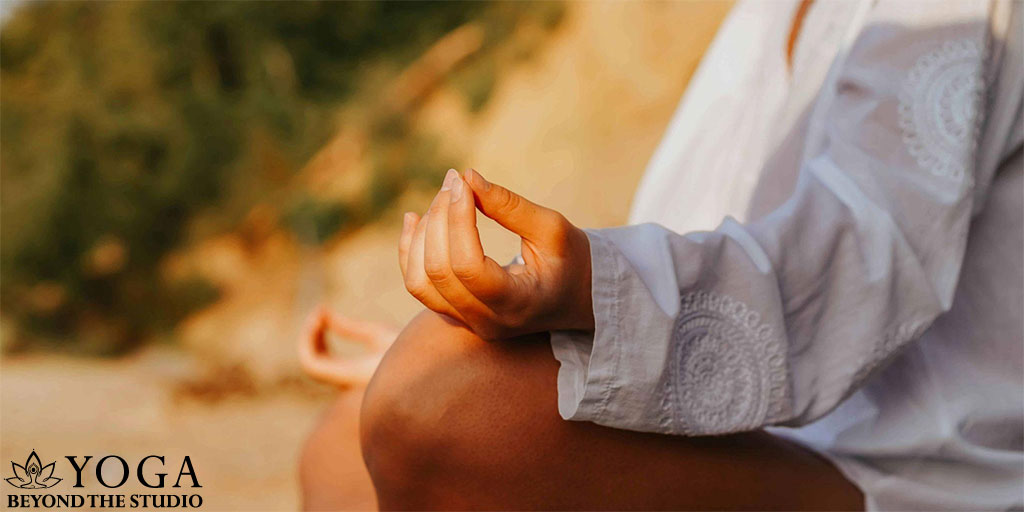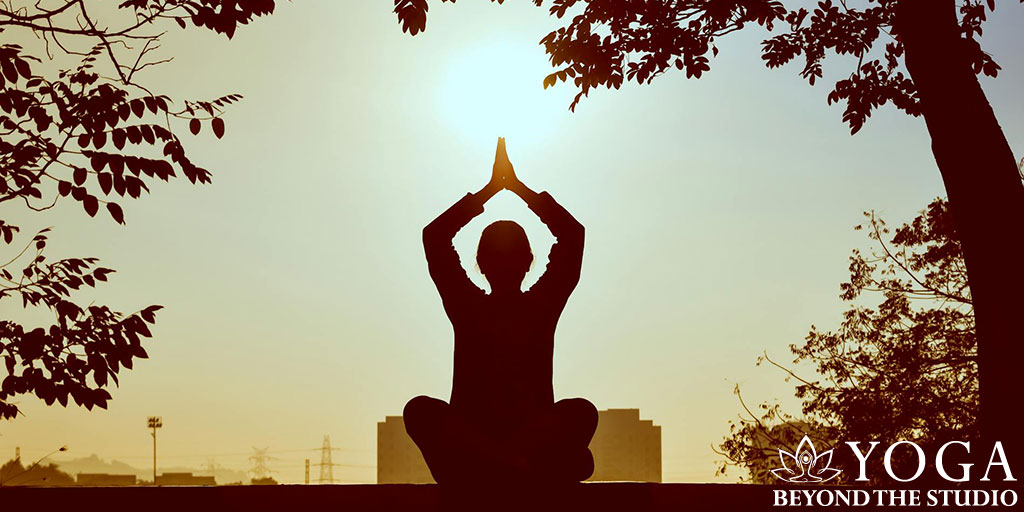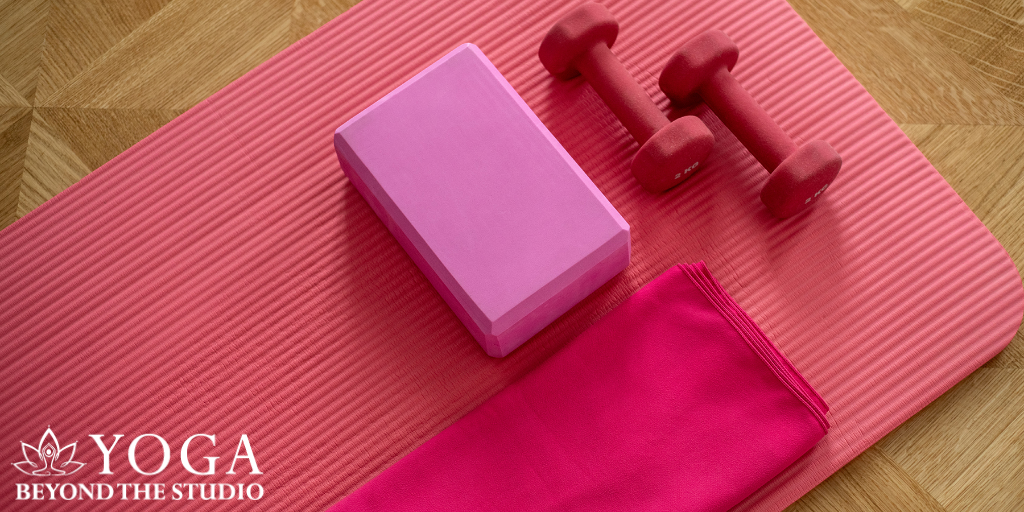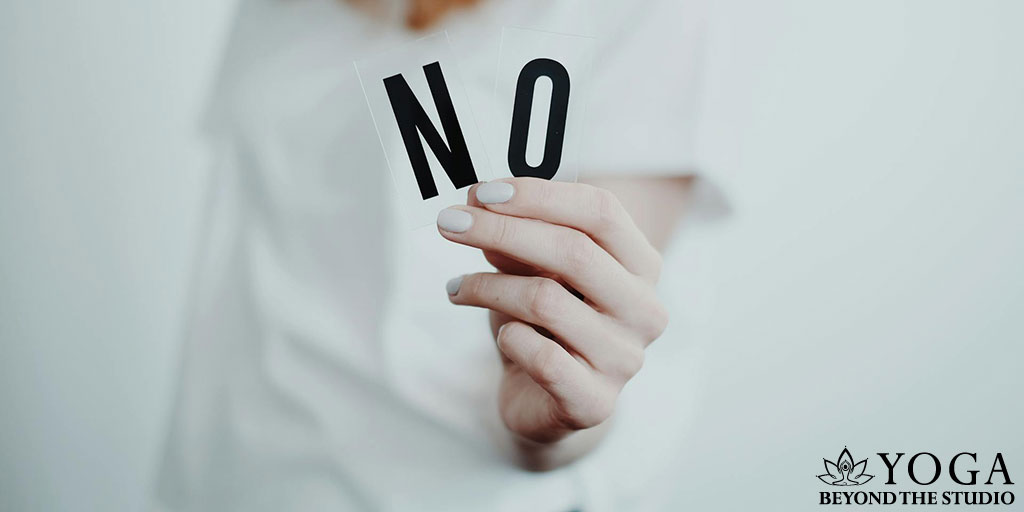
Yoga isn’t just stretching. It’s a way to slow down, breathe deeper, and reconnect with yourself. For many people, it becomes part of their healing process.
Let’s explore how yoga can support your mental health and fit into a broader path of care, self-awareness, and calm.
The Link Between Yoga and Mental Health
Yoga works with both the body and mind, making it a unique and powerful tool for mental health. When we move, stretch, and breathe with intention, our nervous system gets the message that it’s safe to relax. This helps reduce stress and makes it easier to manage overwhelming emotions.
Research shows that yoga can increase GABA, a brain chemical linked to reduced anxiety and improved mood. It also activates the parasympathetic nervous system, the “rest and digest” mode that helps counteract the effects of chronic stress and trauma.
Yoga encourages presence. When you’re focused on your breath or how your body feels in a pose, it becomes easier to interrupt cycles of anxious or depressive thoughts. Over time, a regular practice can help you feel more centered, aware, and resilient in the face of stress.
Mental Health Conditions Yoga Can Support
Yoga isn’t a cure, but it can be a steady companion in healing. Many people use it alongside therapy, medication, or other forms of support.
For anxiety, yoga can ease racing thoughts and help with sleep. For depression, mindful movement and breathwork may boost energy and concentration. People recovering from trauma often find that gentle, trauma-informed yoga offers a sense of safety and control as this type of yoga aims to avoid touch and cues that could be triggering. Some have described it as helping them release trauma from the body.
In addiction recovery, yoga helps reduce cravings, manage emotions, and restore a connection with the body. For those with ADHD, the structure and mindfulness in yoga can support focus and self-regulation.
Consistency matters most. Even a few minutes of movement or stillness each day can shift your mood and offer relief. Yoga gives you a place to pause, reset, and listen to what you need.
Yoga Techniques That Support Mental Health
Yoga includes more than just movement. Breathwork, mindfulness, and body awareness each help calm the brain and body during stressful moments.
Breathwork, or pranayama, slows the heart rate, softens muscle tension, and grounds you in the present. Even a few slow breaths can interrupt spiraling thoughts.
Mindfulness teaches you to pay attention to how you feel – without judgment. This shift away from autopilot can reduce overthinking and increase emotional clarity.
Physical poses, or asanas, ease tension and help release emotions that may be stored in the body. Resting poses like child’s pose or savasana allow for full relaxation and reset.
These techniques can become part of your everyday mental health toolkit, offering steadiness when life feels unsteady.
Yoga Styles That Are Especially Supportive
Not all yoga is the same. Some styles are energizing while others promote rest. For mental health, gentler practices tend to offer the most benefits.
Hatha yoga is beginner-friendly, with steady poses and a focus on breathing. It creates a calming structure that helps you feel grounded.
Yin yoga invites long, quiet stretches that release deep tension and support reflection. It’s especially helpful during emotionally heavy times.
Trauma-informed yoga is built on safety and choice. There’s no physical touch or forceful cues. Instead, you’re encouraged to move at your own pace and listen to your body, which can be deeply healing after trauma.
Restorative yoga focuses on full rest. Poses are supported with props like pillows and blankets so you can fully relax.
You don’t need to find the perfect style – just the one that feels right for your body and mind in the moment.
Making Yoga Part of Daily Life
You don’t need an hour-long session to benefit from yoga. Just five minutes a day can make a real difference. The most important part is showing up consistently.
Start small. A few morning stretches and deep breaths. Legs-up-the-wall at night. A quick yoga pause while you’re at work to breathe and stretch gently. These simple practices can help you feel steadier and more connected to yourself.
For people navigating anxiety or depression, this kind of daily rhythm can offer structure and support. It becomes a way to care for yourself in quiet, meaningful ways.
Yoga meets you where you are. If it helps you feel more like yourself – even just a little – it’s already working.
How Yoga Builds Emotional Resilience
Yoga also strengthens emotional resilience, which is your ability to bounce back from stress or difficult moments. It teaches you how to sit with discomfort and move through it, rather than avoid it.
When you hold a pose that’s challenging, you learn to breathe through discomfort and trust that it will pass. That practice carries into daily life.
Yoga builds self-trust. You start noticing your own growth. Maybe you hold a pose longer or return to the mat even on hard days. These small wins help build confidence.
It also encourages self-reflection without judgment. You learn to notice emotions without needing to fix them right away. That helps create space between feeling and reaction.
Life will always bring challenges, but yoga can give you the tools to meet them with clarity and calm.
Combining Yoga with Other Support Systems
Yoga is most effective when integrated with other forms of care. It’s not a replacement for therapy, medication, or medical treatment – but it can enhance them.
Breathwork before therapy can help you feel more open, while yoga after a session helps process emotions. Daily quiet reflection supports ongoing mental health goals.
If you’re on medication or in recovery, yoga helps stabilize your nervous system. Discuss this with your providers; most are supportive and can suggest beneficial practices.
Yoga adds another layer of support. It’s one more way to care for your mind and body on your own terms.
Finding the Right Space for Your Practice
The setting you practice yoga in matters, especially when using yoga to support mental health. Look for gentle, accessible, or trauma-informed classes that prioritize your comfort.
Whether you prefer a group class or practicing at home, choose a space that feels welcoming, supportive, and empowering.
What Yoga Can Do For You
Yoga offers a place to breathe, reset, and reconnect beneath life’s noise. It provides steady support for managing trauma, daily stress, and grounding.
Whether you’re healing from trauma, managing anxiety, or just trying to feel more grounded each day, yoga can support you in a meaningful way. You don’t need to be flexible or do it perfectly – you just need to give it a try and begin.
If you’re ready to take the next step in your mental health journey, our compassionate instructors are here for you. You can book a private yoga session tailored specifically to your needs, or join us on a yoga retreat designed to deeply support your body and mind. Wherever you are on your path, we’re here to guide and empower you every step of the way.





Comments